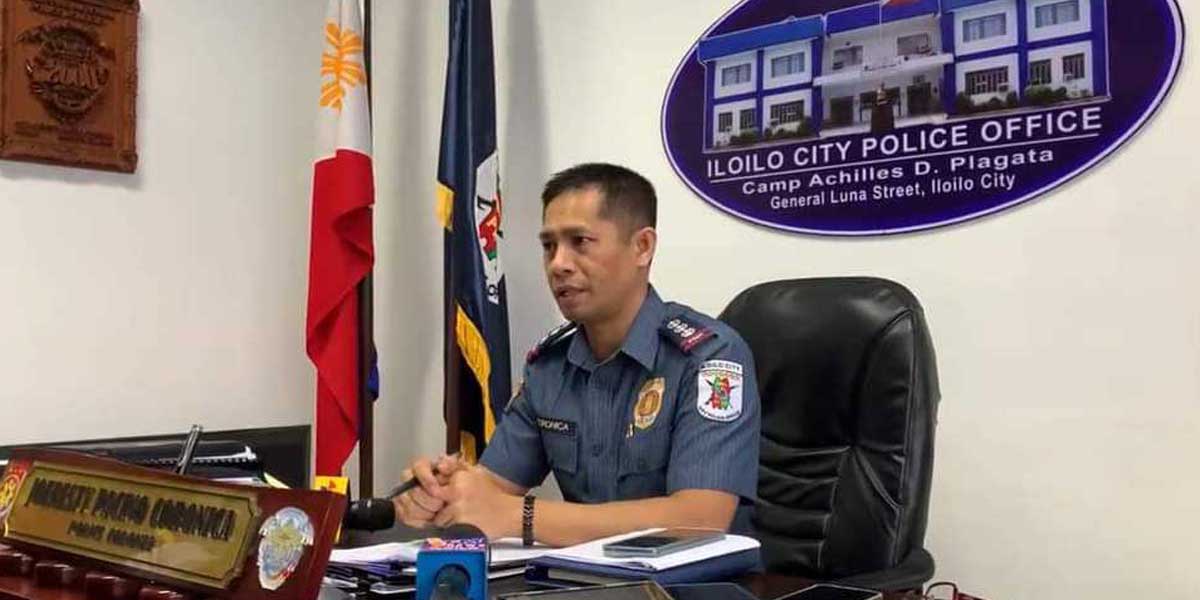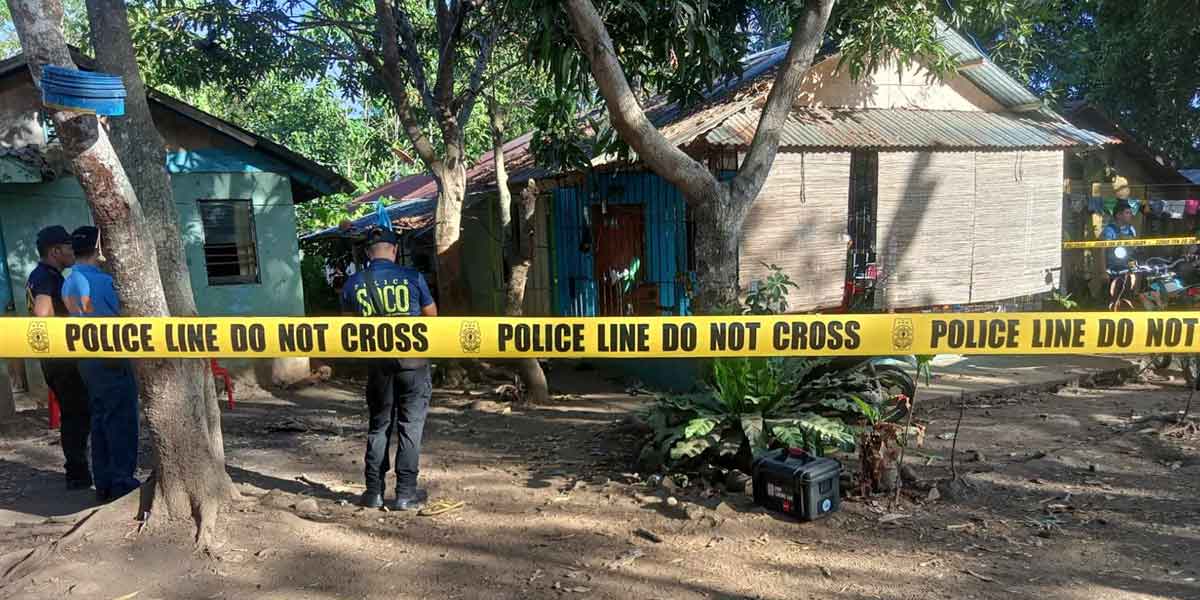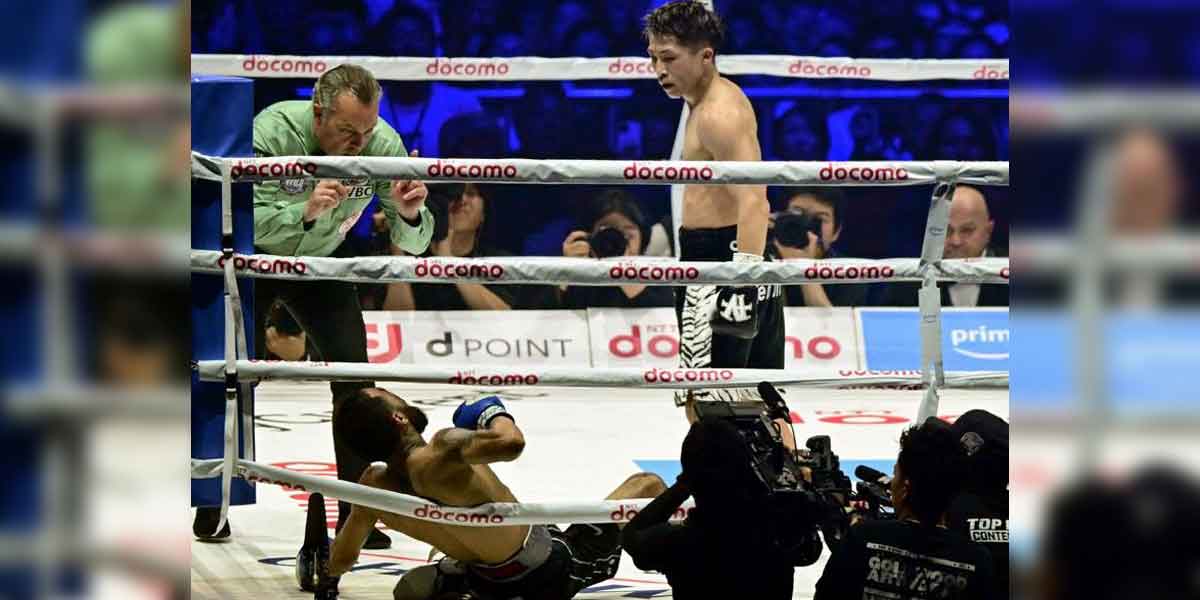 By Herbert Vego
By Herbert Vego
WHAT a way to kowtow to the President!
That’s how this writer reacted to the news that some congressmen had drafted 12 death penalty bills filed in response to President Rodrigo Duterte’s call to reinstate the death penalty during his 5th State of the Nation Address on July 27, 2020.
At this time when many of the jobless poor are already dying of hunger amid the coronavirus crisis, why would these “honorable” men even ask for more deaths?
They merely echo the position of Duterte that the death penalty would halt the proliferation of drug lords and other criminals.
Oh no! If that were true, then the thousands of victims of “extra-judicial killings” could have been more than sufficient to scare drug lords, pushers and users away.
The universal truth is that, until now, the big drug lords are so “well-connected and protected” that they evade the fate of their underlings who knowingly risk life and limb.
As in Narcos and El Chapo – two Netflix serials dramatizing the stories of drug lords Pablo Escobar of Colombia and Joaquín “El Chapo” Guzmán of Mexico – big money buys the silence of the police, prosecutors, judges and politicians.
In El Chapo, two scenes mention the Philippines as one of Guzman’s dumping grounds for heroin.
Guzman, extradited to the United States in 2017 and now languishing for life in a New York City jail, is believed to be still running his worldwide business through his sons and long-time associate Ismael Zambada García.
The President’s “hot panawagan” must have flattered Senate President Vicente “Tito” Sotto because it would “resurrect” his failed bill pushing for the revival of the death penalty by lethal injection.
If death penalty were not abolished during the Gloria Arroyo presidency, former President Joseph Estrada might have already said. “Goodbye world.” He had been convicted of plunder.
In 1997 during the time of President Fidel Ramos, Sotto himself was on the front page for “protecting” a suspected drug lord, Alfredo Tiongco, who was alleged to have financed the senator’s 1992 campaign. He denied the charge but admitted being a friend of Tiongco.
At that time, death was the maximum penalty. But not surprisingly, the case against the wealthy Tiongco never reached the court of law.
Before the Tiongco fiasco, Sotto was being floated as a possible presidential candidate in 1998. The drug scandal scuttled his plan.
Indeed, the death penalty would harm the poor but benefit the rich accused. It would also corrupt the police, prosecutors and judges who would jack up the amount of bribe money they would demand from the accused criminals under the table in exchange for their freedom.
Money always talks. As a child in the 1950s, I remember the story of Moises Padilla, a mayoral candidate in the town of Magallon, Negros Occidental who, in 1951, was tortured and murdered by the private army of the provincial governor after he had refused to withdraw his candidacy.
Governor Rafael Lacson was meted death sentence for Padilla’s murder but never served that sentence due to political intervention.
Padilla’s only consolation was the renaming of Magallon town into Moises Padilla.
-oOo-
Have you heard of “Oplan Valeria” being implemented by MORE Electric and Power Corp. (MORE Power)?
So called because it hatched out of a meeting between MORE President Roel Castro and his consultants, the operation zeroes in on power pilferage using devices known as “jumpers”.
Oplan Valeria, spearheaded by Ariel Castañeda, boasts of collaboration between MORE Power and the Iloilo City government in dismantling “jumpers” and convincing its generally poor users to go legal by applying for meter installation, payable on easy installment.
During an interview with the program “Tribuna sang Banwa” on Aksyon Radyo last Sunday, Castro told hosts Neri Camiña and this writer, “In the past two weeks, we have disconnected 4,000 jumpers.”
Former power distributor Panay Electric Co. (PEC0) had tolerated the malpractice, charging the theft to “systems loss” chargeable to paying customers.
Castro said most of the caught culprits have vowed to stop stealing power and have complied with requirements for legal connection. Otherwise, they would be charged with violation of the anti-pilferage law (RA 7832).
Low-load applicants are only required to produce four documents, namely a barangay certification, a location diagram approved by City Hall, a government-issued ID and an undertaking of conformity.
MORE Power, as the new franchised power distributor in Iloilo City, has now around 65,000 household customers carried over from PEC0.
“They need not apply with us,” Castro answered our question on whether PECO customers had to sign a contract with MORE. “By merely paying their bills, they bind themselves in a quasi-contract with us.”
We customers keep our fingers crossed that MORE Power would live up to its modernization program budgeted at P1.8 billion in the next three years and much, much more in the entirety of its 25-year franchise. We have seen its linemen tearing down and replacing rotten posts, obsolete transformers and undersized cables.
Arriving soon is a mobile substation which would initially be positioned near the fast-growing Megaworld area.
“There would be three more substations added to the existing five,” Castro said. “This means that each of the seven districts would have one, except Mandurriao which would have two to cope with bigger demand.”
May rason si Don Enrique Razon kon nga-a diri sia sa Iloilo nag-invest.






















